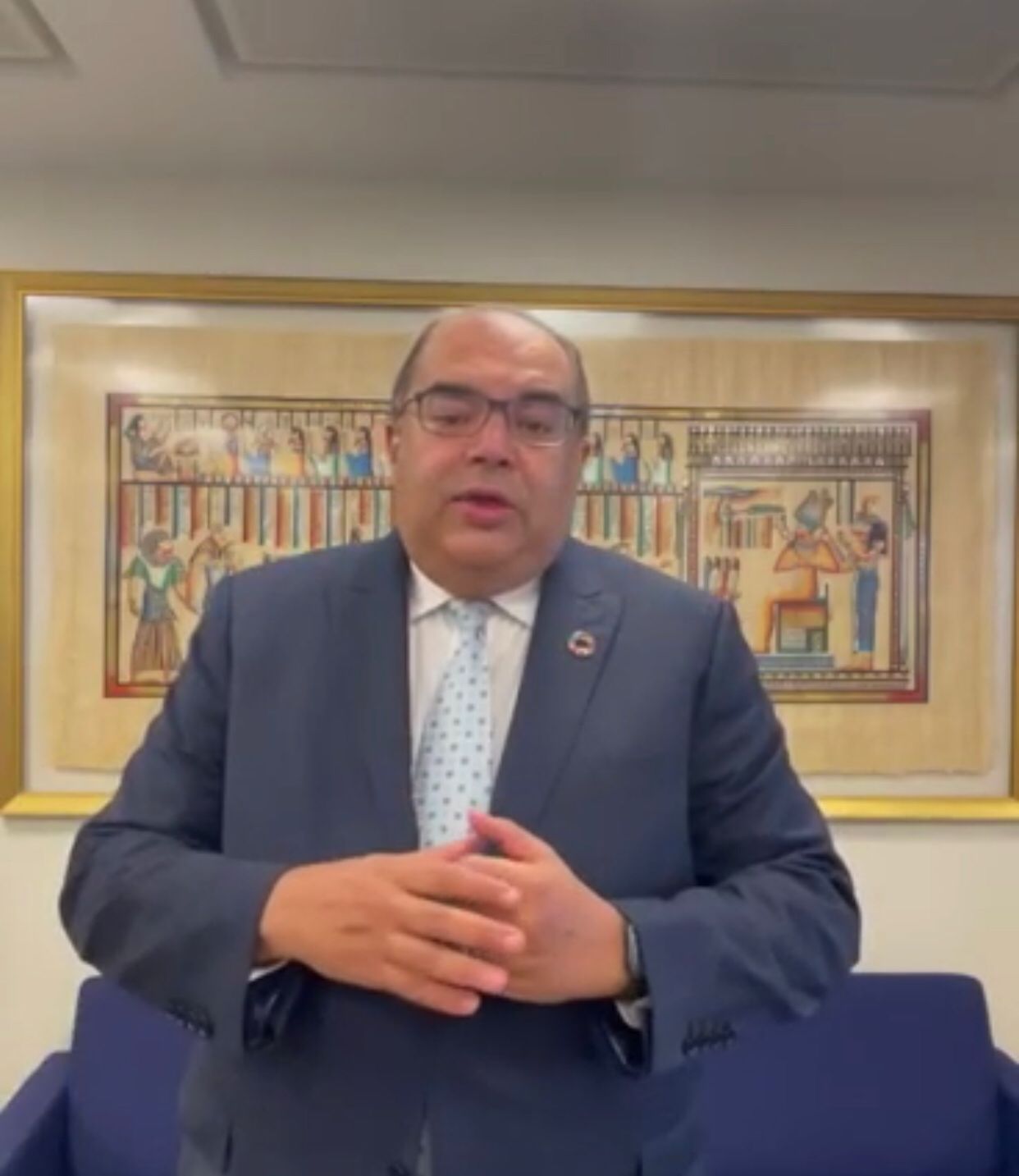Innovative financing instruments must be activated and concessional climate financing must be applied
Dr. Mahmoud Mohieldin, UN Climate Change High Level Champion for Egypt and UN Special Envoy on Financing 2030 Sustainable Development Agenda, said that the world is passing through unprecedented stage of high-speed political, economic and technological changes, and this resulted in the change of power centers at different levels, and the leaning of the world’s economic gravity center towards the east.
In a media interview, Mohieldin stated that the demographics of the countries, and the ability to deal with the new technology and maximize the benefit of it in light of the Fourth Industrial Revolution, as well as environmental and climate changes and the resulting change in livable places, are all representing disruptions that face countries and communities, adding that the ability to deal with positivities and negativities of these issues will determine the form of the new world order in the 21st century.
He explained that climate change is at the forefront of the risks that threaten the world, followed by conflicts and geopolitical crises, diseases and pandemics, and economic crises, noting that the order of these risks varies according to different regions and societies around the world and the priorities of countries and peoples.
“It is necessary to take climate change seriously through scaling investment in the three lines of defense against the phenomenon: reducing greenhouse gases, adapting to climate change impacts and addressing the resulting loss and damage.” Mohieldin said, adding that In light of the urgent need for this investment, climate action suffers from a big financing gap that cannot be filled through the $100 billion pledged by developed countries in 2009 to finance climate action in developing countries annually and has not yet met, which confirms the need to reform the global financing system, activate innovative financing instruments, apply concessional financing and reduce dependence on borrowing as a method to finance climate action.
The climate champion warned of not taking the climate change crisis seriously, saying that the impacts of this phenomenon will go beyond extreme weather events, fires and floods, and will affect human lives and livelihoods, harm nature, agriculture and water systems, and will result in what is known as climate asylum, or forced migration of humans from places most affected by climate change to other livable places, which will cause disruptions for countries and societies in the future.
Mohieldin stressed that countries and societies no longer have the luxury of slowing and reflecting on what is going on around them in light of the speedy and intensive changes in the world, and have become required to use their potential and invest in their resources to participate strongly in the development race.
“China represents a model for developing countries of will and determination to progress despite the difficult challenges, as it benefited from the successful experiences of other countries, invested in human capital and infrastructure through enhancing education and health services, and created an economic system capable of responding to shocks, until it was able to transform from a country with the world’s poorest population to a country that celebrated in 2020 by ending the extreme poverty among its population, while developed countries still have tens of millions of people suffering from extreme poverty.” Mohieldin said.
Regarding the Arab region, Mohieldin reported that the global economic crisis in 2008, political unrest and changes in the region since 2011, then the Corona pandemic and the war in Ukraine, among other factors, posed challenges and created a state of ongoing crisis in the region.
He confirmed that the Arab world has some common factors and capabilities that qualify it to progress strongly if there is a real will, constructive cooperation and good investment in human wealth through developing health care and learning systems, and increasing knowledge, explaining that some Arab countries, including Egypt, Morocco, Saudi Arabia, the UAE and Qatar, have good initiatives to adapt advanced technology to implement promising projects in various fields, which are models that need to integrate with each other to achieve progress in the Arab region as a whole.
He explained that cooperation and integration between Arab countries would not only accelerate the pace of progress in stable countries but also solve crises in countries that are witnessing unrest such as Syria, Yemen, Libya and Sudan and then include them in the march of progress.
Mohieldin said that achieving the desired progress in the Arab countries basically requires encouraging and refining ideas and innovations, and investing in people through paying attention to education and health care, as well as developing the infrastructure.
